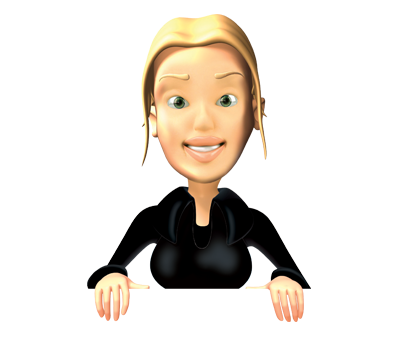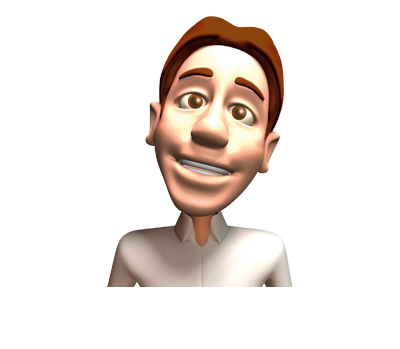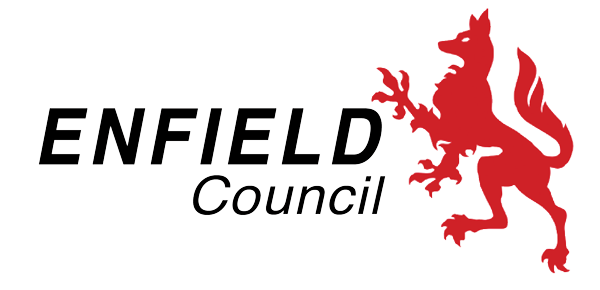Many illnesses can be treated in your home by using over the counter medicine from your pharmacist and getting plenty of rest. Self care is the best choice to treat very minor illnesses and injuries. If you are still worried call NHS 111 or your GP.

If you think you need help urgently during the day or night you should call NHS 111 before you go to any other health service. By calling NHS 111 you will be directed straight away to the local service that can help you best. It is available 24 hours a day, 365 days a year and is free to call, including from a mobile. You should call NHS 111:
- When you need help fast but it’s not life threatening.
- When you think you need to go to A&E or another NHS urgent care service.
- When it’s outside of your GP’s surgery hours.
- When you do not know who to call for medical help.
- If you do not have a local GP to call.

Your local pharmacist can provide advice on most common health issues. They can suggest and dispense medicines and other health products. There are often pharmacists in supermarkets and many are open late.
Visit www.nhs.uk where you can find the service locator that will help you find the pharmacy nearest to you.
The local NHS operates a minor ailments scheme that you can access via your local pharmacy. Some local pharmacies provide this service but if they don’t they can direct you to one that does. You can see your local pharmacist for a confidential consultation for a wide range of ailments including coughs, colds, sore throats, pain and temperature, minor eye infections, head lice and lots more. The scheme is available from age one and over and any medicine dispensed is free if you do not pay for your prescriptions.

You will need to register with a local GP. Your GP can advise, give you the medicines you need and point you in the right direction if you need other specialist services. You will usually need to make an appointment. All GPs will see a child quickly if you are worried. After 6.30pm weekdays, at weekends and public holidays you can call the GP out-of-hours service on NHS 111.

Health visitors are there to support you when you need them. They will visit you at home or see you in a clinic. They offer support and advice and can tell you where to get extra help if you need it. They are part of a team who are there to support you during the early years. Your midwife may be the healthcare professional who knows you and your baby best in the early days. They can help with any feeding problems.

Children’s Centres are family friendly environments which provide support and advice for your child’s health and development up until they start school. Activities include stay and play sessions, infant feeding support groups and parenting sessions. They can also direct you to other local health and social support services. Families need to register with their local Children’s Centre soon after birth to access services provided.

Make sure you see a dentist on a regular basis. Discuss registering your child early on with your dentist and take them with you to appointments.
To find your nearest dentist visit www.nhs.uk
For out-of-hours dentist information call NHS 111.
For serious and life-threatening emergencies. A&E and 999 are emergency services that should only be used when babies and children are badly injured or show symptoms of critical illness. These may be choking or breathing difficulties, unconscious or unaware of surroundings, taken poison or tablets, severe abdominal pain, fewer wet nappies suggesting dehydration.








